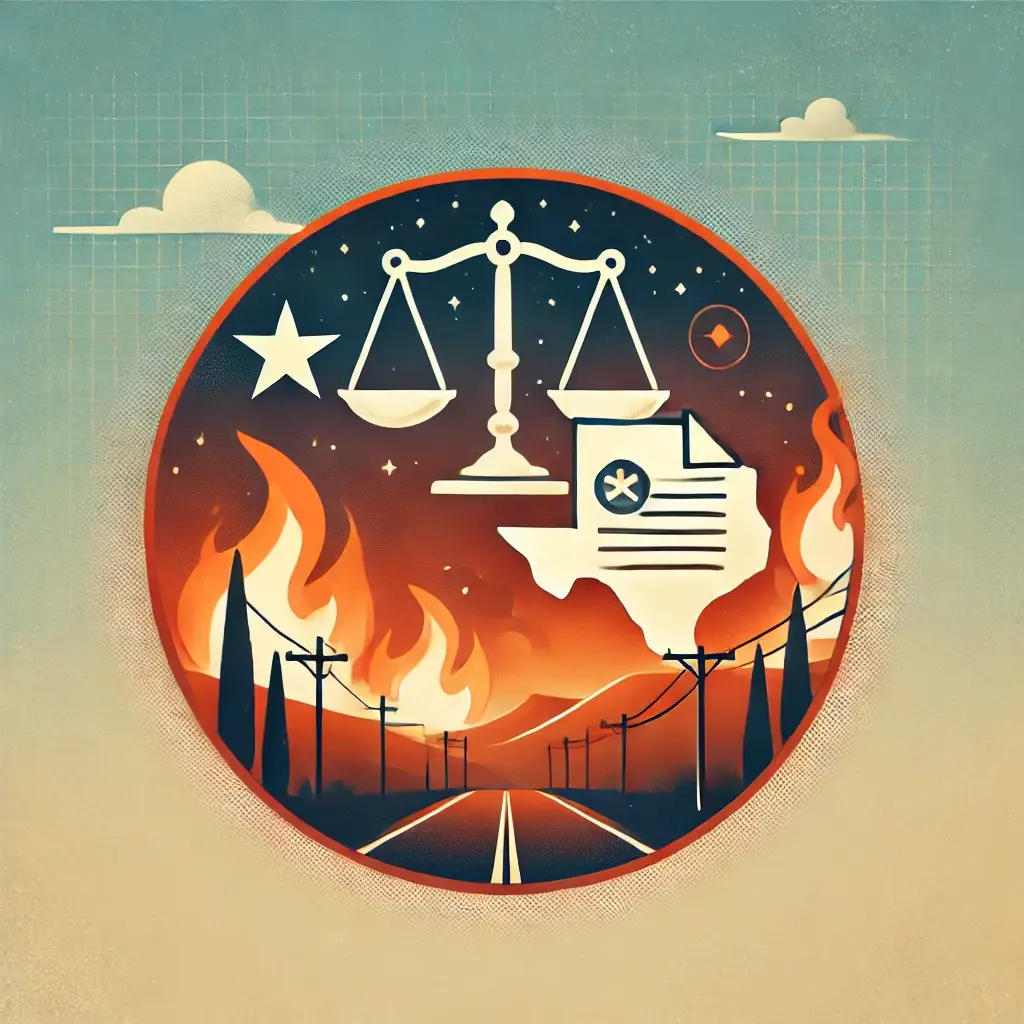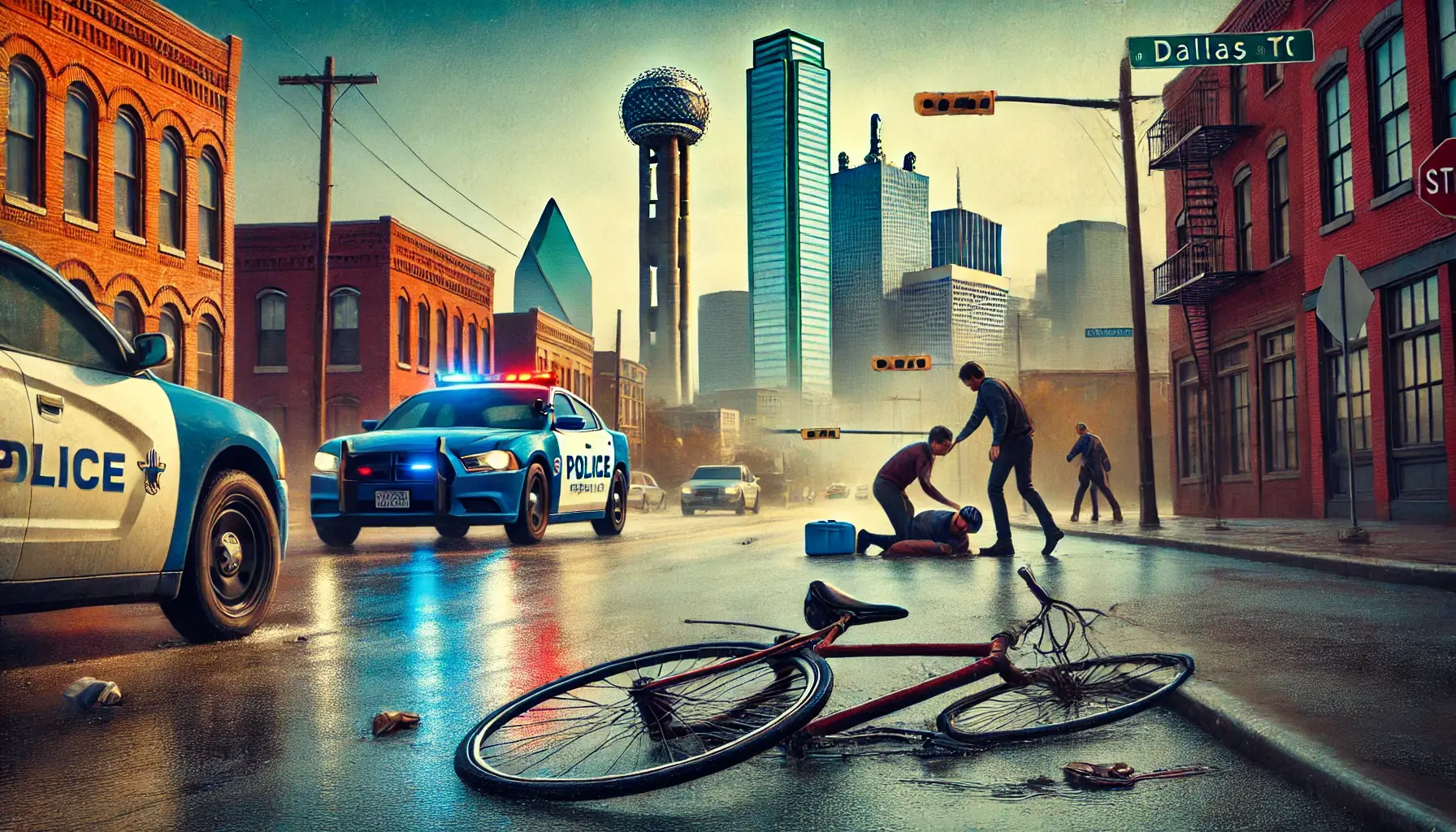Texas is no stranger to wildfires, with its vast landscape, dry conditions, and unpredictable weather patterns creating a perfect environment for fires to spread rapidly. While many wildfires occur naturally due to lightning or drought, others are caused or exacerbated by human negligence, leading to catastrophic damage and, in some cases, personal injuries. When someone is injured due to a wildfire, particularly one caused by negligence, they may be entitled to pursue a personal injury claim. This article will explore how personal injury claims arise from wildfires in Texas, the legal challenges in determining liability, and the steps victims can take to recover compensation.
Common Causes of Wildfires and Negligence
Wildfires can start for several reasons, but when they occur due to human negligence, individuals or entities may be held liable for the resulting injuries. Some common negligent actions that lead to wildfires include:
Poor Land Management:
Inadequate land management, such as failing to clear brush, leaves, or dead trees, can increase the risk of wildfires spreading. Property owners, especially those with large estates, may be responsible for maintaining their land to prevent the fire from spreading uncontrollably.
Faulty Utility Equipment:
One of the most significant sources of wildfire-related injuries comes from faulty equipment used by utility companies. Power lines, transformers, and other electrical infrastructure can spark wildfires, particularly during high winds or in areas with dry vegetation. Utility companies are responsible for ensuring their equipment is maintained and functioning correctly. When they fail to do so, they may be liable for damages.
Campfires or Outdoor Fires:
Outdoor recreational fires, such as campfires or controlled burns that get out of hand, are another source of wildfire incidents. Negligent individuals who fail to extinguish these fires properly or who start them in high-risk conditions can be held responsible for injuries caused by the resulting blaze.
Inadequate Fire Warnings and Response:
In some cases, local governments or agencies may be held liable if they fail to warn residents adequately about wildfire risks or delay emergency response efforts. Failure to issue timely evacuation orders or deploy firefighting resources could exacerbate the severity of a wildfire, leading to preventable injuries.
Legal Challenges in Wildfire Personal Injury Claims
Wildfire-related personal injury claims are often complex due to the difficulty in determining liability and the sheer scale of destruction that fires can cause. Several unique challenges exist in these cases, including:
Determining Liability:
One of the primary challenges in wildfire claims is determining who is responsible for causing or failing to prevent the fire. Wildfires can spread quickly over vast areas, crossing multiple properties and jurisdictions. Liability may fall on:
Private landowners: For failing to maintain safe conditions on their property, particularly if they had prior knowledge of fire hazards.
Utility companies: If faulty power lines or equipment caused the fire, victims may be able to file claims against the utility provider for negligence.
Government agencies: If local authorities or fire departments fail to respond appropriately, or if there are shortcomings in emergency preparedness, victims may have grounds for a claim against the government entity.
It may take an extensive investigation to determine which party or parties are responsible. In some cases, multiple parties may share liability for the wildfire and resulting injuries.
Proving Negligence:
To succeed in a personal injury claim, the injured party must prove that the defendant acted negligently and that this negligence directly caused their injuries. In wildfire cases, this often involves:
Demonstrating that the defendant had a duty of care (e.g., utility companies have a duty to maintain their equipment safely).
Showing that the defendant breached this duty by failing to act responsibly (e.g., by neglecting to repair faulty equipment or ignoring fire hazards).
Establishing that the breach of duty caused the wildfire, which in turn caused the injuries.
Statute of Limitations:
Like all personal injury cases in Texas, wildfire-related injury claims are subject to the statute of limitations. Victims generally have two years from the date of the injury to file a lawsuit. It’s crucial to act promptly, as gathering evidence and determining liability can be time-consuming.
Steps to File a Personal Injury Claim After a Wildfire
If you’ve been injured in a wildfire in Texas and believe that negligence played a role, there are several steps you should take to protect your rights and pursue compensation:
Seek Medical Attention: Your health should be the top priority. Make sure to document your injuries thoroughly by visiting a healthcare professional and keeping all medical records.
Document the Scene: If possible, take photos or videos of the damage, including the area where the fire started, any hazardous conditions you noticed, and your injuries. Documentation can serve as crucial evidence in your case.
Report the Incident: Report the fire and your injuries to the relevant authorities, such as local fire departments, utility companies, or government agencies. Getting official reports will help support your claim.
Consult a Personal Injury Attorney: Due to the complexity of wildfire-related claims, it’s essential to consult with an experienced personal injury lawyer who can investigate the incident, determine liability, and guide you through the legal process. They can also help you meet critical deadlines and maximize your compensation.
File a Claim: With your attorney’s help, file a personal injury claim against the liable party. This could be a private landowner, a utility company, or a government agency. Your attorney will handle negotiations with insurance companies and prepare the case for court if necessary.
Insurance and Compensation for Wildfire Victims
In the aftermath of a wildfire, victims may be entitled to compensation for their injuries and property damage. Common forms of compensation include:
Medical Expenses: Compensation for medical bills related to treatment for burns, smoke inhalation, or other injuries caused by the fire.
Lost Wages: If your injuries prevent you from working, you may be able to recover compensation for lost wages and future earning capacity.
Pain and Suffering: Non-economic damages for the physical pain and emotional trauma caused by the fire.
Property Damage: Wildfires often destroy homes, vehicles, and other personal property. While property damage is typically covered under homeowners or renters insurance, if negligence played a role in the fire, you may be able to pursue additional compensation from the responsible party.
Special Considerations for Claims Against Government Entities
Filing a claim against a government entity in Texas, such as a city or county, comes with its own set of rules. If you believe that a government agency’s negligence contributed to your injuries, you must typically file a notice of claim within six months of the incident. Failure to do so may result in losing your right to pursue a lawsuit.
Additionally, government entities may have certain legal protections, making these claims more complex.
Conclusion
Wildfires in Texas can have devastating consequences, not only for property but also for personal injuries. When negligence is involved, such as faulty utility equipment or inadequate fire warnings, victims have the right to pursue personal injury claims. However, determining liability, proving negligence, and navigating the legal system can be challenging. By taking the right steps—such as documenting the incident, seeking legal advice, and filing a timely claim—you can protect your rights and secure the compensation you deserve.





